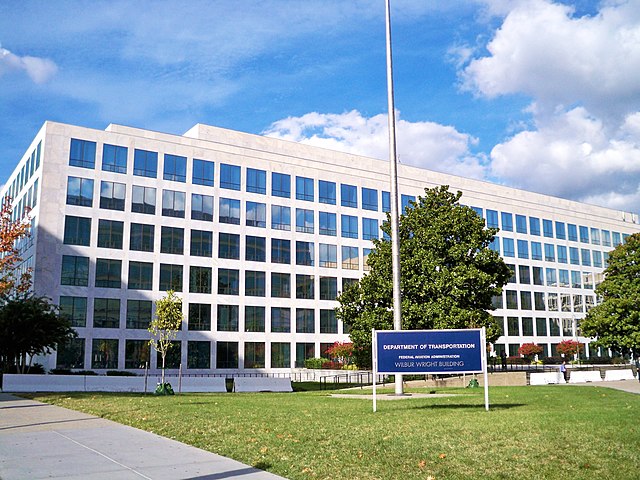In recent years, mental health has become a hot topic in many industries. One that has flown under the radar is the stability of pilots as they enter the cockpit.
The Federal Aviation Administration has lengthy policies in place to combat mental health in the air. However, their policies have been greatly criticized by multiple groups, including the U.S. Congress. Along with this, many pilots have spoken out about the issues they’ve faced, and the lack of support they felt from the FAA.
In an interview by CBS News in August of 2023, student pilot Adam Lemons claims the department “discourages people from getting help.” While pilots are expected to report their mental state before every flight, they’re also told that having mental health issues could result in the suspension, or in some cases termination, of their license.
In many instances, the problems become greater once a pilot reports their condition. Alongside their current struggles, they then have to worry about being out of a job, paying for treatment (because no, the FAA doesn’t always pay for pilots getting help), and considering the fact that they may never fly again.
On top of that, getting treatment while still being on the job can be equally as difficult. It’s often the case that medications pilots want to use aren’t acceptable to the FAA, forcing them to find another solution or temporarily lose their license.
In other words, every time you get on a flight, you are running the risk of flying with a pilot who is unwell and unwilling to seek help, in fear of putting their career in jeopardy. Instead of assisting those in need of help, the FAA puts more stress on them, both emotionally and financially.

Realistically, what can the FAA do? For starters, it shouldn’t prevent the usage of medications. Studies have shown that negative side effects caused by prescribed medications are much more common in people under the age of 24. That makes up just 14% of the industry according to the department. And of that 14%, 60% are still student pilots, meaning they’re flying with a Certified Flight Instructor who is monitoring them at all times. If it was clear the pilot was unwell, a CFI would never let the plane leave the ground.
Being honest about your past also shouldn’t take away the opportunity to be a pilot. In most cases, if you admit to previous suicidal thoughts in your application, it is an automatic rejection. However, knowing that someone had gone through a rough patch shouldn’t make them ineligible. If the FAA is already aware about it, simple things such as mental evaluations by a professional would easily determine if they are fit to fly.
Many pilots have spoken out about this large flaw, and hopefully, in coming years we’ll begin to see change to better the aviation industry.





